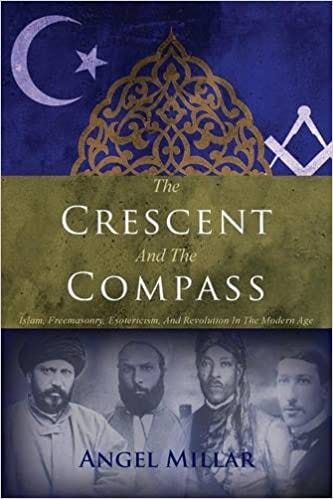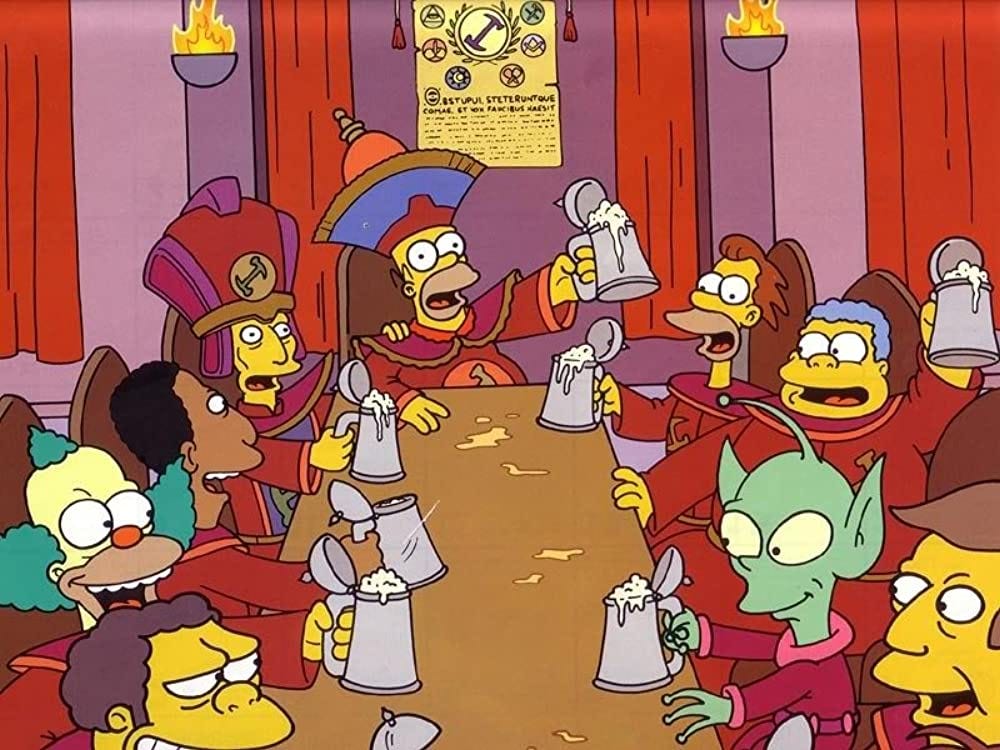The Crescent and the Compass: Islam, Freemasonry, Esotericism and Revolution in the Modern Age
For reasons that someone else can perhaps analyze, I’ve always had a taste for esoteric, alternative histories of the world particularly in terms of the development of intellectual and spiritual life. One of the most interesting clandestine movements in my view over the last few centuries has been Traditionalism, which has claimed as sympathizers and adherents people as diverse as Sayyid Hossein Nasr, Prince Charles, Aldous Huxley, and Steve Bannon. Traditionalism was a response to the perceived spiritual deracination of the world under modernity. Amid all that we have gained materially, something important has been forgotten. Traditionalists argue for going back to spiritual and religious sources of inspiration to rediscover these sacred values and to bring them back to the modern world, usually through some form of gnostic practice and ritual. It is an ecumenical movement and holds that all religions are more or less pointing towards the same ultimate truth. It’s your choice which path to follow to get there. But you have to follow the path that you choose steadfastly.
Traditionalism has had a surprisingly powerful clandestine impact on modern culture. This book is about the covert global society known as the Freemasons which was once highly popular among elites, and which drew upon Traditionalist ideas of spirituality and religion. Being a Freemason was essentially like being part of a brotherhood of likeminded individuals (usually men) who decided to put their other religious, racial, and cultural differences aside and embrace a new identity based on a mixture of material progress and worship of the sacred. Although most Freemasons, particularly in the West, were Christians, Islam exerted a significant influence on the culture of Freemason orders. Western travelers in the premodern Muslim world were often intrigued by the secretive and spiritualist Sufi brotherhoods they sometimes encountered there and which were the most common form of religious organization for centuries until the emergence of liberal secularism and Salafism. Many of these Westerners came back to their home countries and created Freemason orders that incorporated the same mix of arcane ritual, spirituality, and kinship that they saw among the Sufis. You can still see residues of this Islamic influence in the attire of Freemason-descended organizations like the Shriners with their red fezzes. Freemasons didn’t become Muslims per se, of course, but they used Islamic imagery as part of an attempt to create a Traditionalist amalgam of Christianity, Islam, and other Eastern religious beliefs suitable for the modernity.
Over time, Freemason lodges grew and spread around the world. They wound up including Jews, as well as actual Muslims and even Hindus and Buddhists among their members. In the West, joining a Freemason lodge was often seen as a way of getting back in touch with spirituality. But for lodges in the East, of which there were many, being a Freemason was seen as a means of tapping into currents of progress and globalization. Ironically, today Freemasonry is something attacked and derided by many Islamist groups and used as a shorthand for cultural Westernization, to which they are opposed. The truth though is that many diverse types of people have been Freemasons and Traditionalists, from Islamist revolutionaries to Western elites.
The extent to which Freemasonry continues to exert a meaningful political influence on the world today is beyond my ability to judge. It undeniably loomed large for a long time however as a cultural undercurrent of globalization and modernity. As a kid I remember watching an episode of The Simpsons loosely based on the Freemasons and hearing a number of conspiracy theories about them from friends, particularly among Muslim immigrants. Over time this influence has faded and if you hear someone bringing up Freemasons your first impulse should be wariness about what they’re going to say next. The reality though is that this was at one time a politically significant movement that counted as members intellectuals and activists from across the United States, Europe, and Asia. It also exerted a strong influence on Black nationalist movements, particularly Marcus Garvey’s United Negro Improvement Association and the Nation of Islam.
I thought this book was a little in the weeds to be honest. But if you wanted an engaging and politically relevant book to learn more about Traditionalism as a whole – a movement that unlike Freemasonry definitely continues to exert an impact on politics through people like Steve Bannon, Aleksandr Dugin, and many others – I’d recommend War for Eternity: Inside Bannon's Far-Right Circle of Global Power Brokers by Benjamin Teitelbaum.


